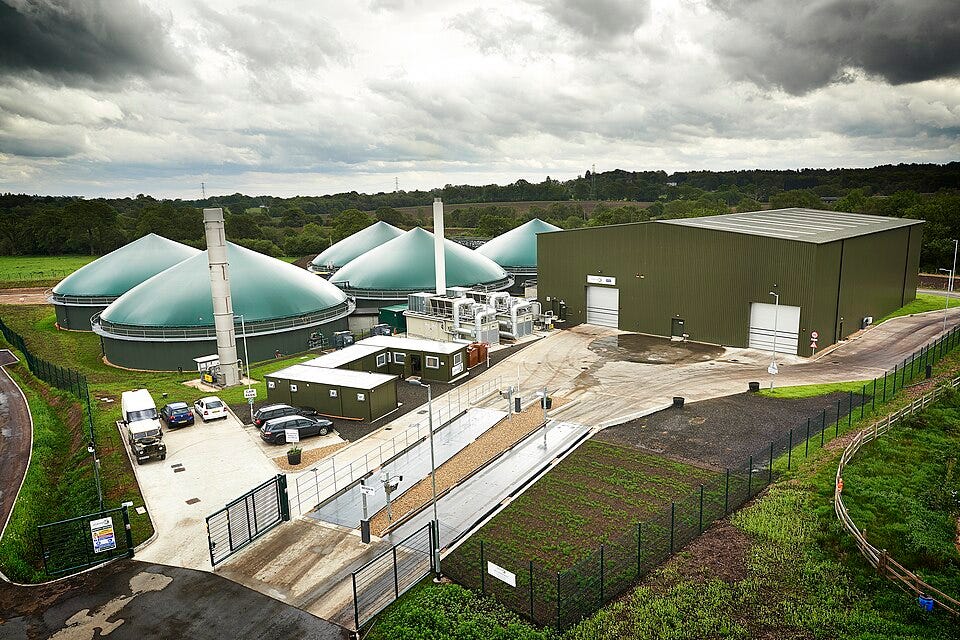Fields of "Solutions"
Where there's a VC, there's a way.
North Carolina farmer Craig Watts calls himself a “recovering factory farmer.” In 1992, when he was 24, he saw an advertisement in the local paper that read: “We need a few smart birds to raise our birds.”
At the Industrial Farm Animal Production, the Environment and Public Health conference last year, Watts explained how he quickly got roped into a $250,000 loan and a contract with Perdue Farms. They provided him with the chickens and feed. He provided the land and, according to Watts, “everything that costs money. They own everything that makes money.”
In 2012, Watts was sitting in a motel room with his wife in Brookings, South Dakota, when a Perdue Advertisement came on the television.
“The birds were big and beautiful, all feathered out, had half an acre a piece to roam around. I sat there thinking, ‘This is not what I see every Monday when I go to work.’ And I did have a contract that says farmer with Perdue Farms, but at the end of the day, my customer, my boss, so to speak, was the American consumer, and I felt like they needed to know better,” he said.
In 2014, Watts invited an animal welfare group to film the conditions within his concentrated animal feeding operations. Thus began his life as a whistleblower.
Like Watts, many farmers are caught in a system that squeezes them to consolidate and grow. Resistance often means going out of business. The number of farms in the United States continues to fall, while the average farm size continues to rise. This consolidation often ends up pushing out smaller farmers who can no longer compete with the resources of larger-scale operations. It also impacts the intensity of production on the land. Data compiled by Food & Water Watch estimates there are 1.7 billion animals living in confinements creating around 941 billion pounds of manure a year. Much of that waste ends up in the water and air. Some of it even ends up in the Gulf of Mexico, contributing to the “dead zone.”
“When you drive through the countryside, you see beautiful fields and little towns that seem like they're out of a painting by Norman Rockwell,” Journalist and author of Fast Food Nation: The Dark Side of the All-American Meal Eric Schlosser said via Zoom at the conference. “What you don't see are the terrible harms that this new industrial food system is causing not only to the Iowa landscape, but to the people and the livestock in many of the same ways.”
In recent years, “solutions” to the many issues created by intensive agricultural production have focused on end-stage fixes to the (manure) problem. Technological advancements like biodigesters are also often framed as a way to profit — typically, though, only by getting bigger.
But to many Midwestern advocates, digesters are not only not solving the problem, but they are making the problem worse.
Digesters, in practice, have incentivized operations to increase their herd size. Kewaunee, Wisconsin, is one region that is particularly suffering, as operators with digesters have increased their herd sizes 58%.
Water quality expert Chris Jones, who noted that he once edited a textbook about digesters, asked conference attendees to “spare me the idea that a technological fix is going to fix this.”
“I'm trained to study these things and to respect technology,” he said. “The time has come to say that there is not a technological solution to this. There just isn't.”
This summer, I’ve reported on the horrific conditions caused, in-part, by an anaerobic digester at a Sioux City slaughterhouse. Yesterday, Sentient published my piece about how a digester financed by municipal bonds in a small town was pitched to some investors as something with a “profitable exit … based off of recent transactions (by Shell, BlackRock and BP) in the markets.”
Last year, Nebraska farmer Kevin Fulton warned conference attendees of the one-sided story corporate executives want farmers and consumers to believe about the potential boons from factory farming.
“They want you to believe that those animals are much better off safe and sound, packed in crates and cages so tight that they can't even move, or spraying all those toxic chemicals,” he said. “It doesn't matter how much powdered sugar you sprinkle on a pile of pig shit, you'll never turn it into a jelly donut.”


